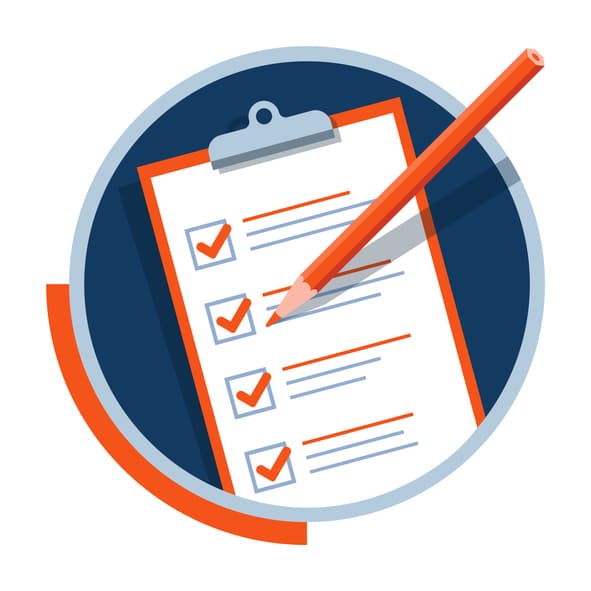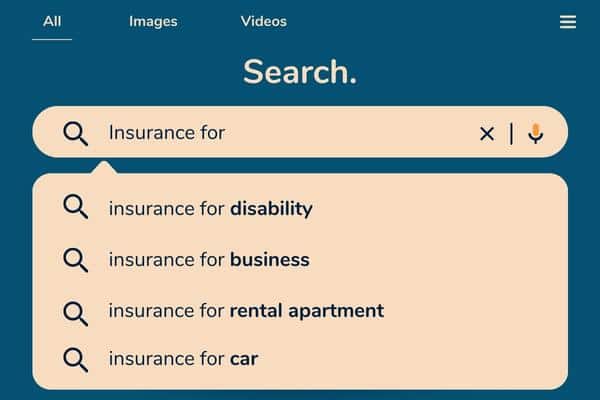Personal finance can be complex, especially as your wealth grows. Each of your decisions must support the next and align with your life goals. The following financial planning checklist will help you identify which financial topics you’ve covered, and areas where an advisor can help you to achieve your wealth and life objectives.
Saving
Saving money for the future is the first step to achieving financial freedom. Everyone’s savings goals are different, but the more you earn and spend, the more you need to save. Key questions include:
- Do you have emergency savings to cover at least six months of cash needs? This is important in case you lose your job and need to pay bills before you find your next job.
- Do you have savings accounts earmarked for significant short-term goals such as purchasing a home?
- Are you maximizing your employer retirement plan contributions at least to the point you qualify for the employer to also make a matching contribution? Not doing so is like saying no to free money.
Note: Simply maximizing your employer retirement is seldom enough for higher income earners.
- Do you know if your savings are adequate relative to your long-term plans such as retirement or other large life goals? Planning projections help to guide both short-term and long-term goal and decision-making.
Investment Positioning
For most individuals, the right mix of stocks, bonds, and other investments is essential to achieving the investment growth necessary to reach your long-term goals and weathering intermittent market downturns. Top investment questions to consider include:
- Do you have a mix of investments to enjoy growth if the markets prosper, and security if they contract?
- Do you have adequate investments in cash and bonds to buy stocks when the markets are down?
- Are you adequately diversified to reduce risk, and not too concentrated in specific companies or investment sectors?
Kids and Education
If you have children, it’s important to promote financial literacy at a young age. In addition, for some families, starting a college savings plan should begin as early as possible. Ask yourself:
- Are you teaching your kids about money, preparing them to become financially confident adults?
- Are you balancing saving for college and saving for your own future?
- Are you taking advantage of college savings tax benefits that might be available in your state?
- Do you have a realistic sense of college costs relative to your savings and the expectations you’ve built for your child?
Insurance And Protection
Asset and income protection provide peace of mind for you and your family. There are many forms of insurance and asset titling structures. Key areas to evaluate include:
- Life Insurance: Are your assets and life insurance coverage adequate to support your family’s lifestyle and needs in the event of your death?
- Disability Insurance: Would you and your family be able to manage financially if you’re no longer able to work?
- Auto and homeowners insurance: Are your personal assets protected in the event of an accident, fire, flood or other damaging event?
- Liability Insurance: Are your assets protected from personal or professional liability?
- Long-Term Care Insurance: If you’re 45 or older, do you have insurance in place to protect your retirement from long-term care costs?
Planning Documents
Everyone over the age of 18 needs basic estate planning documents. Key considerations include:
- Do you have the necessary documents in place, including a power of attorney, medical directive, and will?
- Do you regularly review your documents and beneficiary designations (which supersede other documents), to ensure that they accurately reflect your wishes?
- If you have young children, do your documents include guardianship provisions to name a caretaker in the event both parents pass away while the children are minors?
- If assets are going to be held in trust post-death, are your documents and beneficiary designations structured to hold retirement assets without subjecting them to adverse tax implications?
- Have you carefully planned for the transfer of your assets relative to tax implications imposed upon those receiving an inheritance from you?
Business Planning
If you own a business, it’s both a source of income and a potential asset. You owe it to yourself, your family, and your employees to formulate a contingency plan for the future. At a minimum, consider:
- Can someone step in and run your business if you’re not there?
- Are your named agents qualified to manage your business?
Professional Advice
Very few people have the time or expertise to adequately research financial topics and make the right decisions. Whether you have an advisor, or are considering hiring one, always ask questions, including:
- Does your advisor have the appropriate training, credentials, and experience? We recommend working with a CERTIFIED FINANCIAL PLANNER™ (CFP®) for wealth management services, a Certified Public Accountant (CPA) for tax planning and preparation, etc.
- Do your advisors collaborate to ensure that you’re receiving cohesive advice?
- Do your advisors proactively work with you, helping you to plan for life’s many stages and transitions?
Financial planning can help prioritize your objectives, guide your decision-making, and help you to secure the future for you and those you care about. If you’re ready to take the next step towards wealth success, please contact us. SageVest Wealth Management is an independent, fee-only investment and wealth management firm, working with individuals, families, and small business owners every day, translating real life objectives into real life solutions and achievements.




